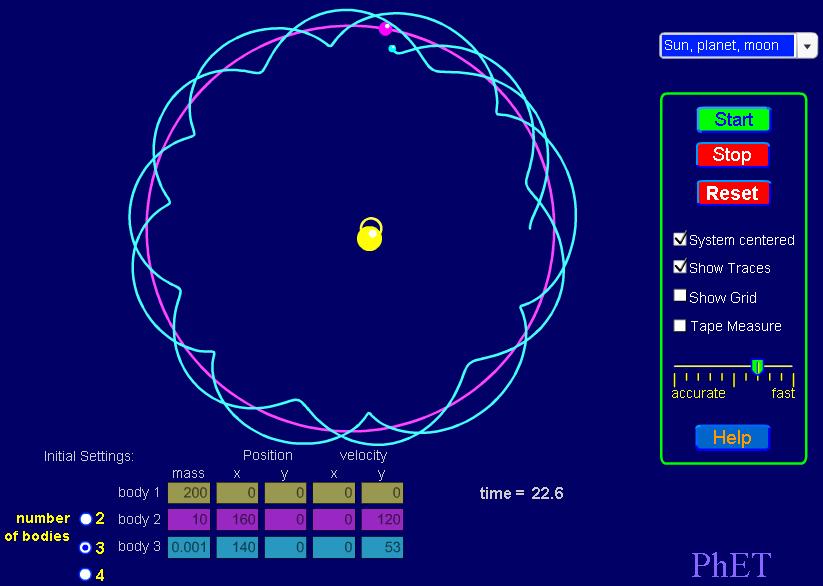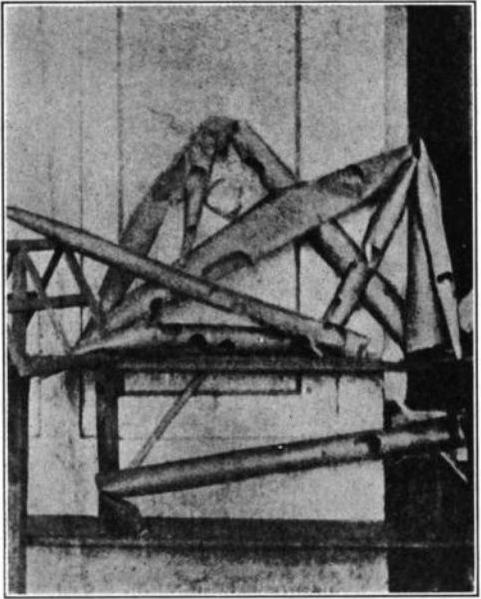The Pew Research Center collaborated with the American Association for the Advancement of Science (AAAS) to create a Science Knowledge Quiz aiming to evaluate the scientific literacy of the American public. Click through to take the quick twelve question test. After the break I’ll explain how the Pew Center and AAAS managed to demonstrate their own scientific ignorance by screwing up one of their science questions.
Remember Question 4?
GPS relies on which of these to work?
(a) satellites,
(b) stars,
(c) magnets,
(d) lasers.
Think carefully. The question isn’t asking which is most important – it asks which is required for GPS to work. The intended answer is satellites. But GPS can be deployed using “pseudolites” instead of satellites. Pseudolites are transmitters that can be used to extend GPS indoors or to provide GPS availability under jamming or other circumstances where GPS satellite signals are unavailable. However for the sake of argument, let’s grant that GPS relies on satellites and this is a valid answer.
How do those satellites aim and orient themselves? One technique involves a star tracker. This stellar orientation fix helps the satellite keep its radio signals pointed down and its solar panel aimed at the sun (a star). So, GPS satelites rely on stars for both guidance and power.
Another satellite guidance technique uses a magnetometer to measure the magnetic fields from the Earth. In this sense, GPS relies on the Earth acting as a magnet. Also, older GPS satelites used radiation-hardened ferrite core magnetic memories, without which their on board computers would not function. Here again, GPS is doubly reliant on magnets – for guidance as well as for memory.
GPS uses a time-of-flight distance measurement that wouldn’t be accurate without very precise timing from atomic clocks. Older atomic clocks use microwave lasers (Masers), while the latest atomic clocks use laser cooled atomic fountains. Atomic clocks rely on lasers, and GPS relies on atomic clocks.
In other words, all four answers are correct. GPS relies on satelites, stars, magnets, AND lasers. Both the Pew Research Center and the AAAS should have known better.
Update: For the record, if I had to pick one, I’d answer “(d) Lasers.” While it is possible to operate GPS using pseudolites instead of satellites, without precise timing from laser-reliant atomic clocks, GPS simply won’t work. Constructing good multiple choice questions is hard work, and if you are going to do so, you need to understand the subject well enough to construct valid and unambiguous questions.



5 thoughts on “Pew Center and AAAS Fail Own Scientific Literacy Quiz”
Oh, c’mon – I think you’re taking this way too seriously. Consider the overall tone of the questions. While, strictly speaking, you are correct, these questions do not presuppose a detailed knowledge of any of the topics raised – it’s more a “general knowledge” or “pop” quiz.
What I find significant is the demographic breakdown, and how it demonstrated that the younger generation, thanks to poor education in the U.S., is falling behind in scientific knowledge, bolstering the current argument in the media that we really need to do something about this problem – and soon!
It’s more a question of how seriously the Pew Center and the AAAS chose to take their own survey.
If someone is not a scientist or engineer, I certainly wouldn’t hold it against them for not understanding that GPS relies on more than just satellites. On the other hand, if you are going to put yourself forward as the arbiter of what constitutes scientific ignorance, I think you can and should be held to a higher standard.
The points raised by the survey are not unreasonable. However, the credibility and trustworthiness of the survey’s results are undercut by this glaring flaw. If the Pew Center and AAAS seek to be taken seriously as judges of scientific ignorance, they really ought to have designed a better basic science quiz that does not itself display ignorance of science.
In school we were always told that if more than one answer could be applicable in a multiple-choice test, then the most common or most likely answer is the correct one. It is true that GPS technology relies on more than just the general category of “satellites.” It relies on many constituent technologies, including metallurgy, integrated circuits, optics, and so forth. However, the obvious answer is “satellites,” even for a NASA scientist. That choice describes the system rather than external reference points (stars) or constituent technologies (magnets or lasers). The author needs to consult with a 12-year-old about test taking.
Suppose a history teacher asks you which of the following were presidents of the U.S.:
A. James Buchanan
B. Millard Filmore
C. Grover Cleveland, or
D. George Washington
You should not be weighing which President was most significant or most influential and selecting one. The history teacher has asked a bad question with more than one right answer – the kind of question that trips up the best students who’ve actually heard of the other three choices. Don’t excuse the history teacher who has only heard of George Washington and doesn’t have adequate competence to be teaching their subject.
The Pew Center question’s “relies on” language was overly broad, poorly written, and shows a lack of understanding of how GPS works. Sure, it’s a subtle point I wouldn’t expect a non-technologist to realize. But a self-proclaimed arbiter of scientific ignorance should be held to a higher standard.
As noted in my post, GPS can work without satellites. It cannot work without the precise timing made possible by lasers. Even a twelve year-old should be able to understand that, let alone a “NASA scientist.”